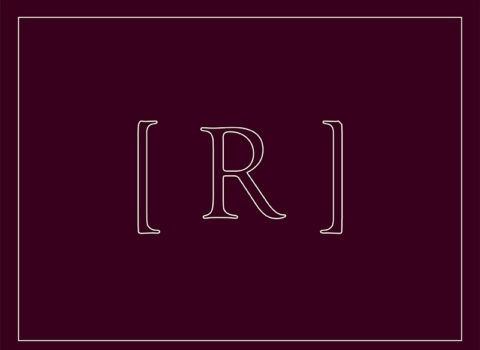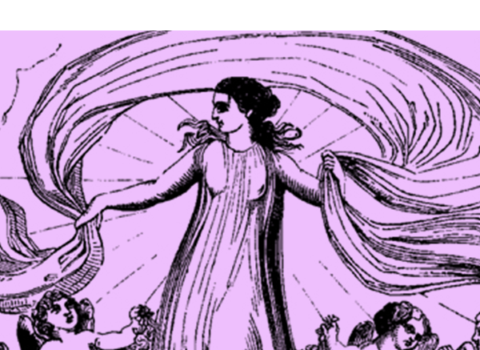From The Plague, which will be published this month by Farrar, Straus and Giroux.
On the opening page of his famous 1981 meditation, After Virtue, the philosopher Alasdair MacIntyre asks his readers to imagine themselves living in the aftermath of catastrophe. A series of environmental disasters, blamed by the public on scientists, leads to widespread riots, with laboratories destroyed, instruments wrecked. The government that takes power abolishes science in schools and universities, and imprisons or executes those who practice it. By the time they realize their mistake, it is too late. Only fragments of scientific…

















































































































